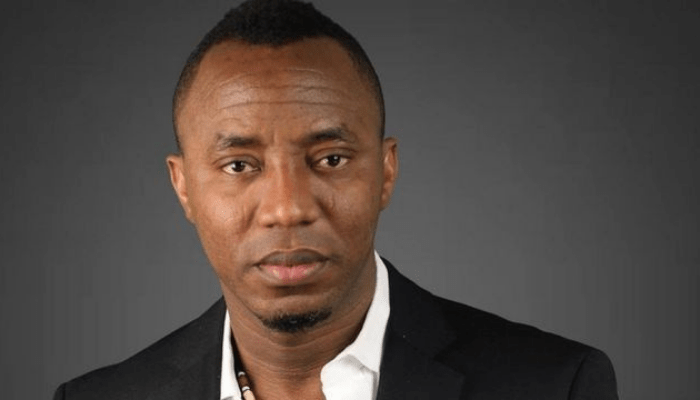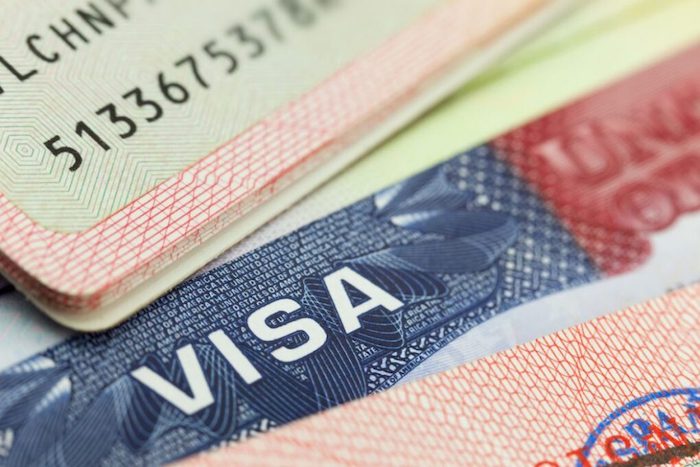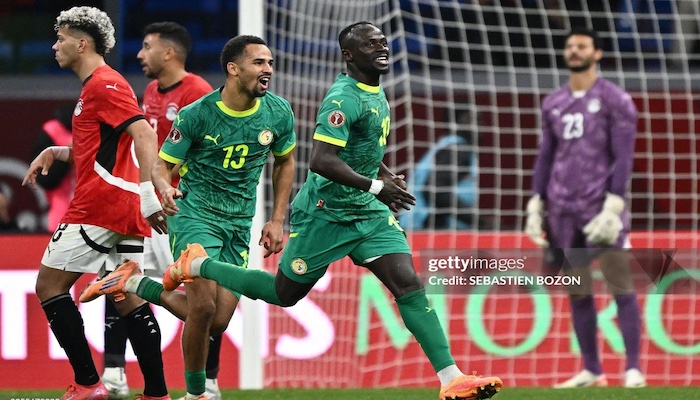
The Nigeria Police Force has re-arrested human rights activist and SaharaReporters publisher, Omoyele Sowore, just minutes after he was granted bail by a magistrate’s court in Abuja.
The dramatic scene unfolded on Thursday outside the Kuje Magistrate’s Court, where Magistrate Abubakar Sai’id had moments earlier granted bail to Mr. Sowore and 12 others detained over Monday’s #FreeNnamdiKanuNow protest in the Federal Capital Territory.
Dragged Into Police Van
Eyewitnesses told SaharaReporters that the activist was seized by officers led by Ilyasu Barau, the Investigating Police Officer from the FCT Command’s Anti-Vice Unit, while his lawyers were working to perfect his bail conditions.
“They dragged him on the ground and forced him into a van,” an eyewitness recounted, adding that the officers refused to show any remand order when asked to produce documentation authorizing the arrest.
Lawyers and supporters at the court accused the police of violating the magistrate’s ruling, claiming the officers cited a “secret remand order” that had not been presented in open court.
“There was no remand order issued when bail was granted,” one lawyer said, noting that several legal representatives were shoved aside as they attempted to intervene.
Bail Terms Ignored
The magistrate had granted Sowore and his co-defendants ₦500,000 bail each, with conditions requiring the submission of their passports, verified National Identification Numbers (NIN), and a three-year tax clearance certificate.
Those granted bail included Aloy Ejimakor, lawyer to detained IPOB leader Nnamdi Kanu, and Mr. Kanu’s brother, Emmanuel Kanu.
Police Justify Re-Arrest
Police spokesperson Benjamin Hundeyin later confirmed the re-arrest, alleging that Sowore led protesters into a restricted area during Monday’s demonstration.
“If we go ahead to charge some people to court and leave the person who led them into that restricted area — their leader, the elite protester who directed and took them there — that would not be fair,” Mr. Hundeyin said.
He assured that Mr. Sowore would not be held beyond the period allowed by law, stating that he would be arraigned promptly. “Like the others, he wouldn’t spend up to 24 hours with us. Once charges are finalised, he will be prosecuted. In fact, if all goes as planned, he will be taken to court today,” he added.
Background: Monday’s Protest and Crackdown
Sowore, a former presidential candidate, was first arrested on Thursday morning outside the Federal High Court in Abuja, shortly after covering proceedings in a separate case.
His arrest stems from the #FreeNnamdiKanuNow protest held earlier in the week, during which demonstrators demanded the unconditional release of Mr. Kanu, who has been in DSS custody since his re-arrest in 2021.
Police dispersed the protesters using teargas and arrested 12 people, including Mr. Ejimakor and Mr. Kanu’s brother. Videos from the protest showed Mr. Sowore fleeing as officers began making arrests around the Transcorp Hilton area.
A Pattern of Clashes with Authorities
Thursday’s arrest adds to Sowore’s long-running confrontations with Nigerian security agencies. Since 2019, when he was detained by the DSS on treason charges for organising the #RevolutionNow protests, the journalist has faced a string of criminal cases — including forgery and cyberstalking allegations involving Inspector-General of Police Kayode Egbetokun and a senior female officer.
In a Facebook post earlier this week, Sowore dismissed the cases as “bogus and farcical,” saying:
“They falsely allege that I forged a police wireless message and cyberbullied the IGP’s ‘girlfriend’ and PSO, ACP Yemisi Kuti.”
His legal team, led by Tope Temokun and rights advocate Deji Adeyanju, visited the FCT Police Command on Thursday to demand access to their client after reports emerged that he was being held at the Criminal Investigation Department (CID). Mr. Adeyanju later confirmed that he had been allowed to see Mr. Sowore after initial resistance from officers.
Rights Groups Condemn Arrest
Rights organisations, including Amnesty International and Robert F. Kennedy Human Rights, have repeatedly condemned Nigeria’s treatment of protesters and critics.
Analysts say the frequent use of the Cybercrimes (Prohibition, Prevention, etc.) Act against journalists and activists reflects a growing trend of criminalising dissent.
The Take It Back Movement (TIB), a civic group aligned with Sowore, denounced his latest arrest as “an attempt to silence dissenting voices under the guise of law enforcement,” warning of nationwide protests if he is not released.



